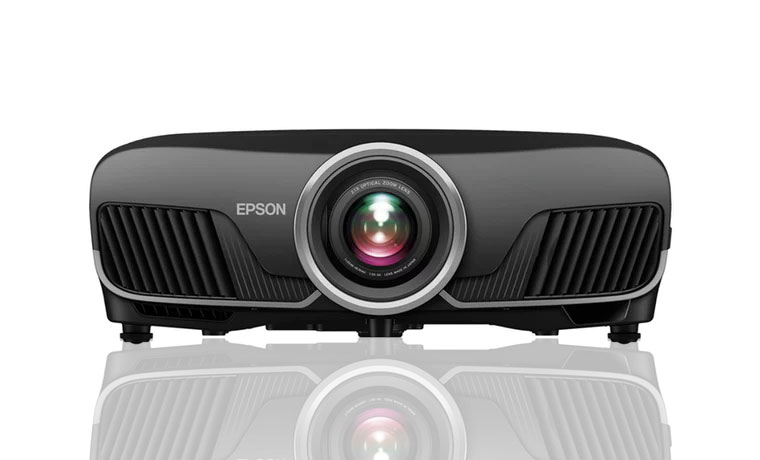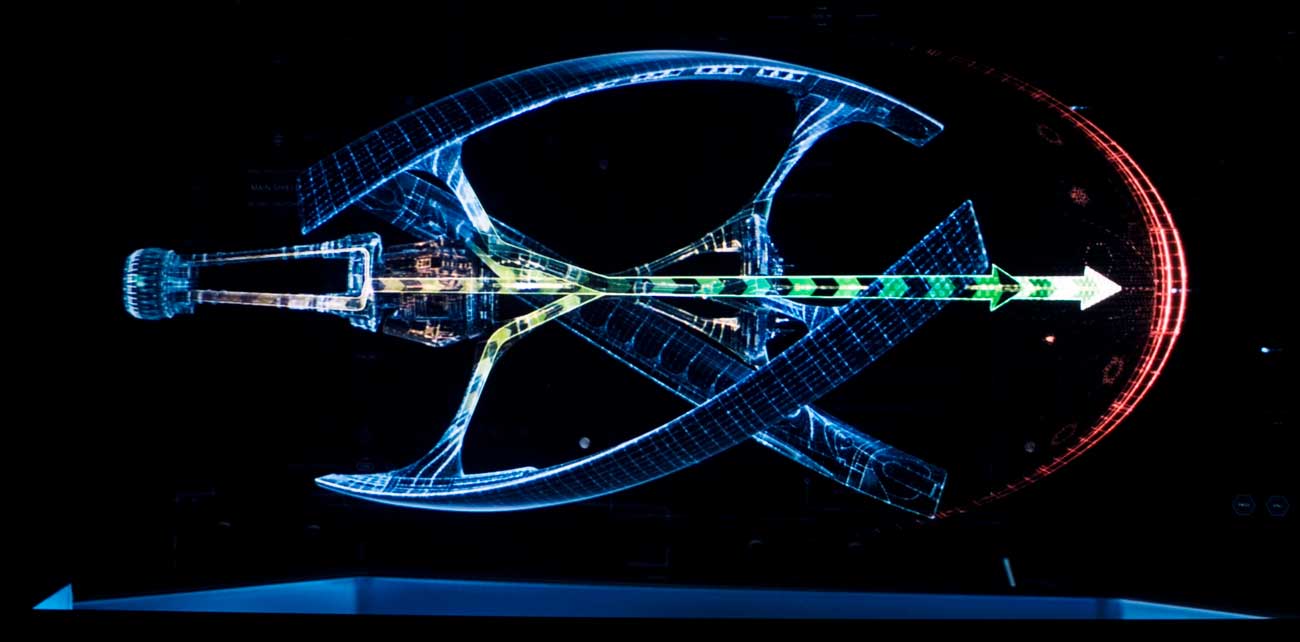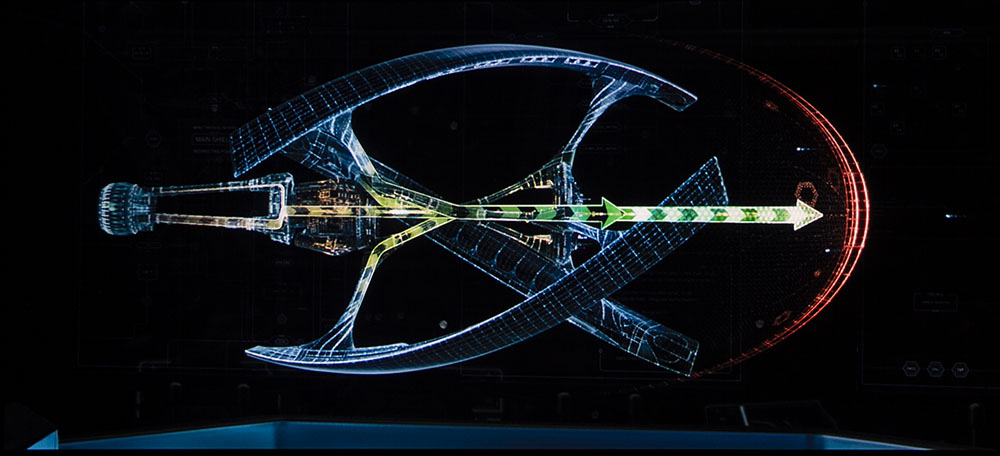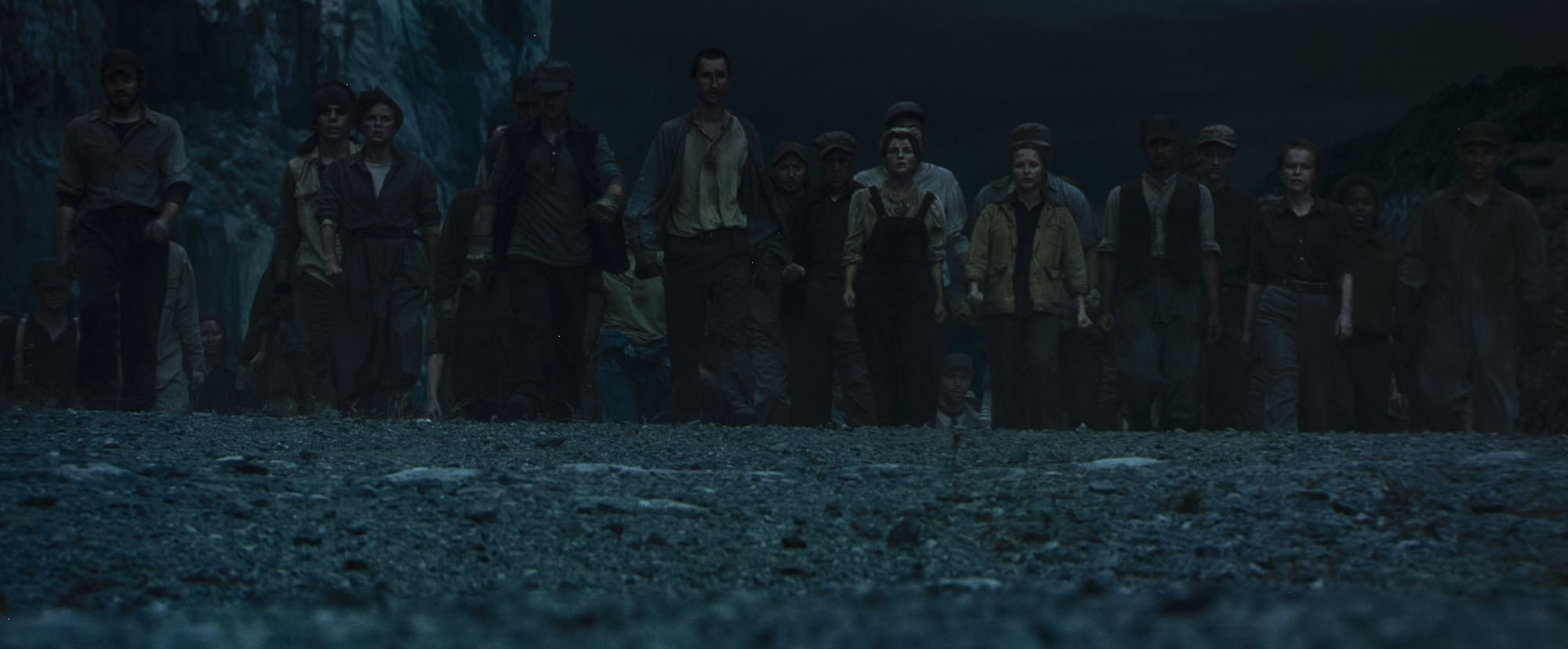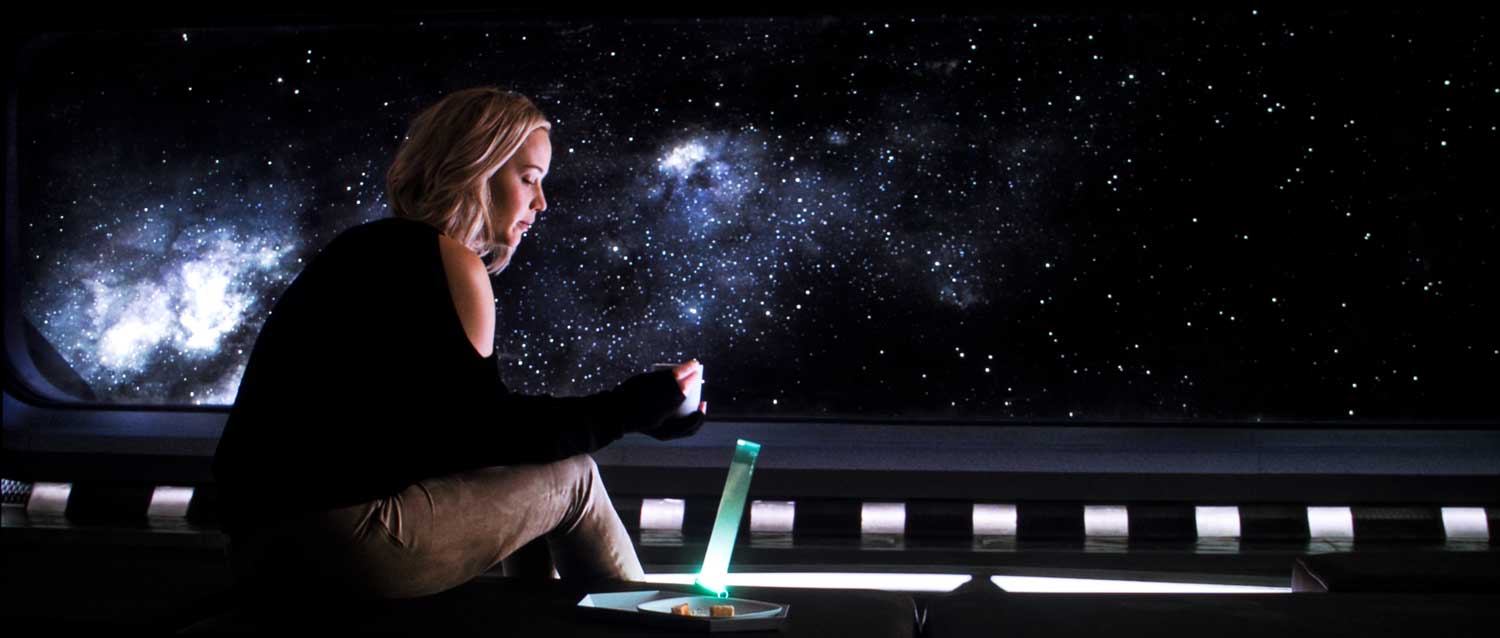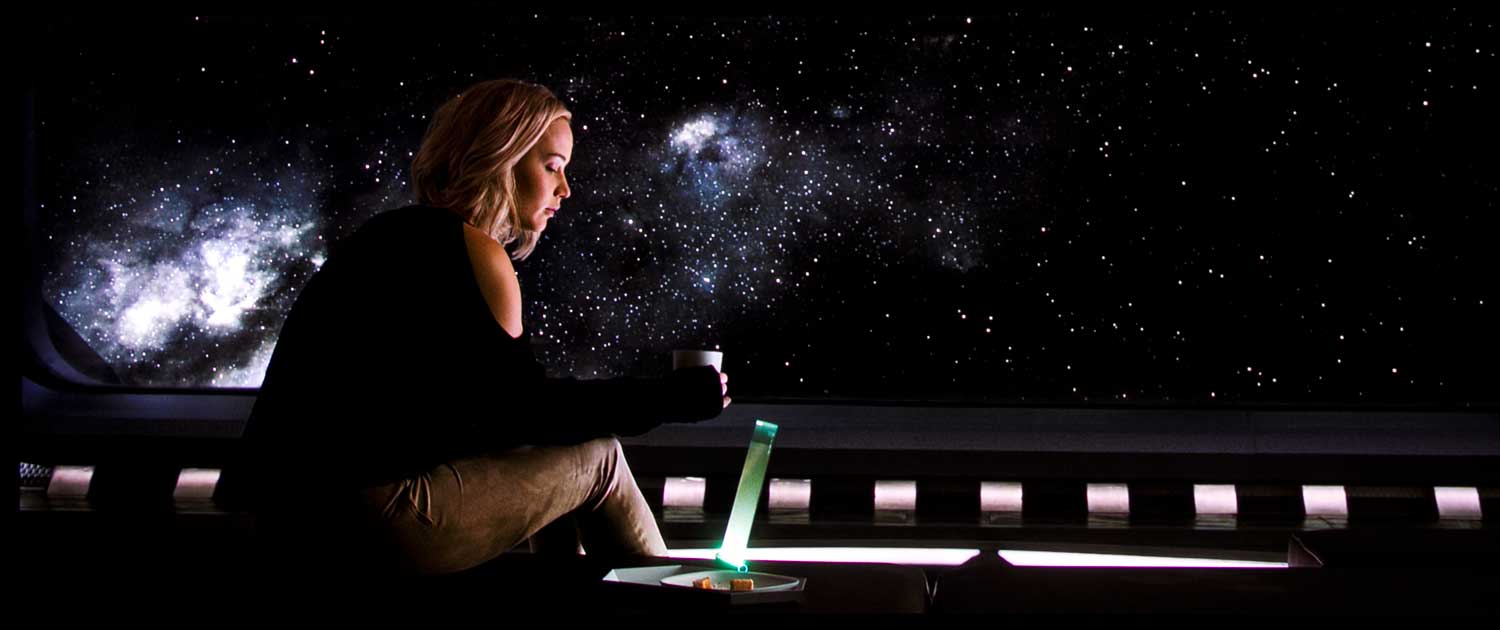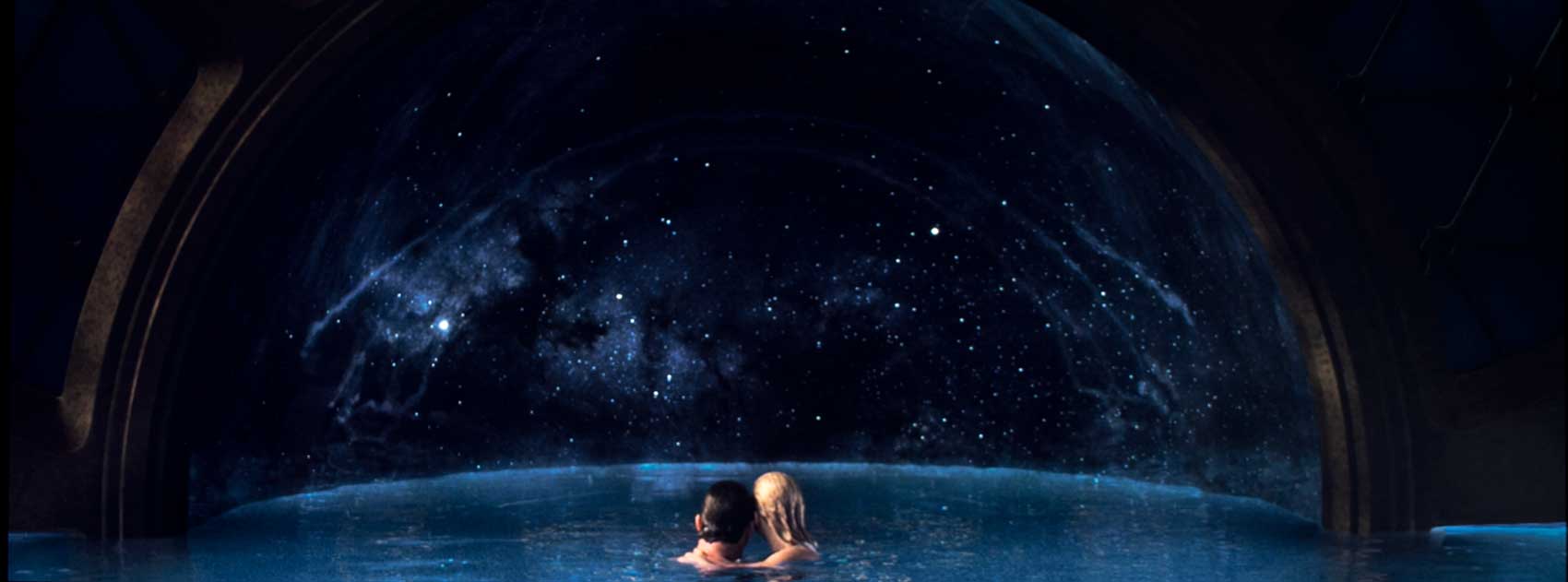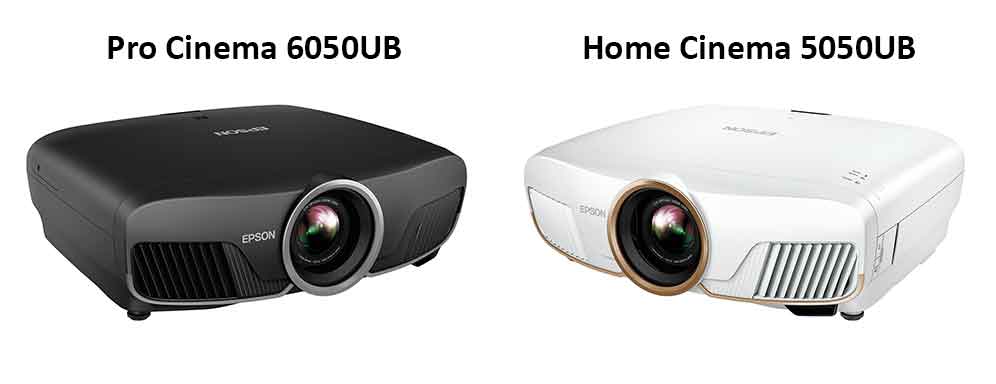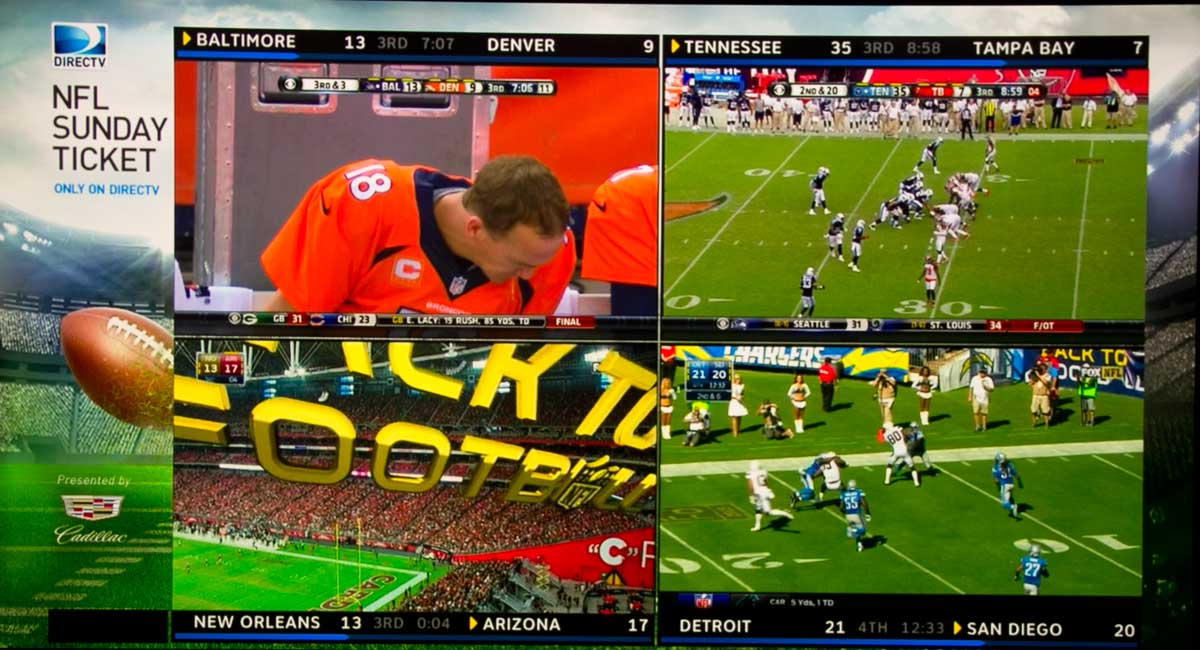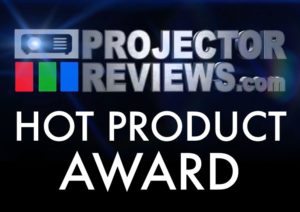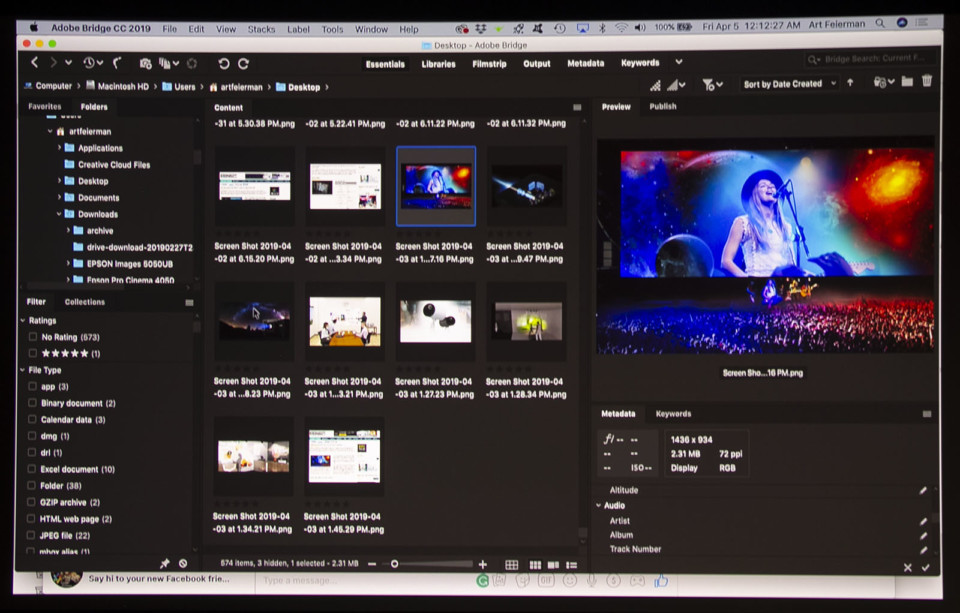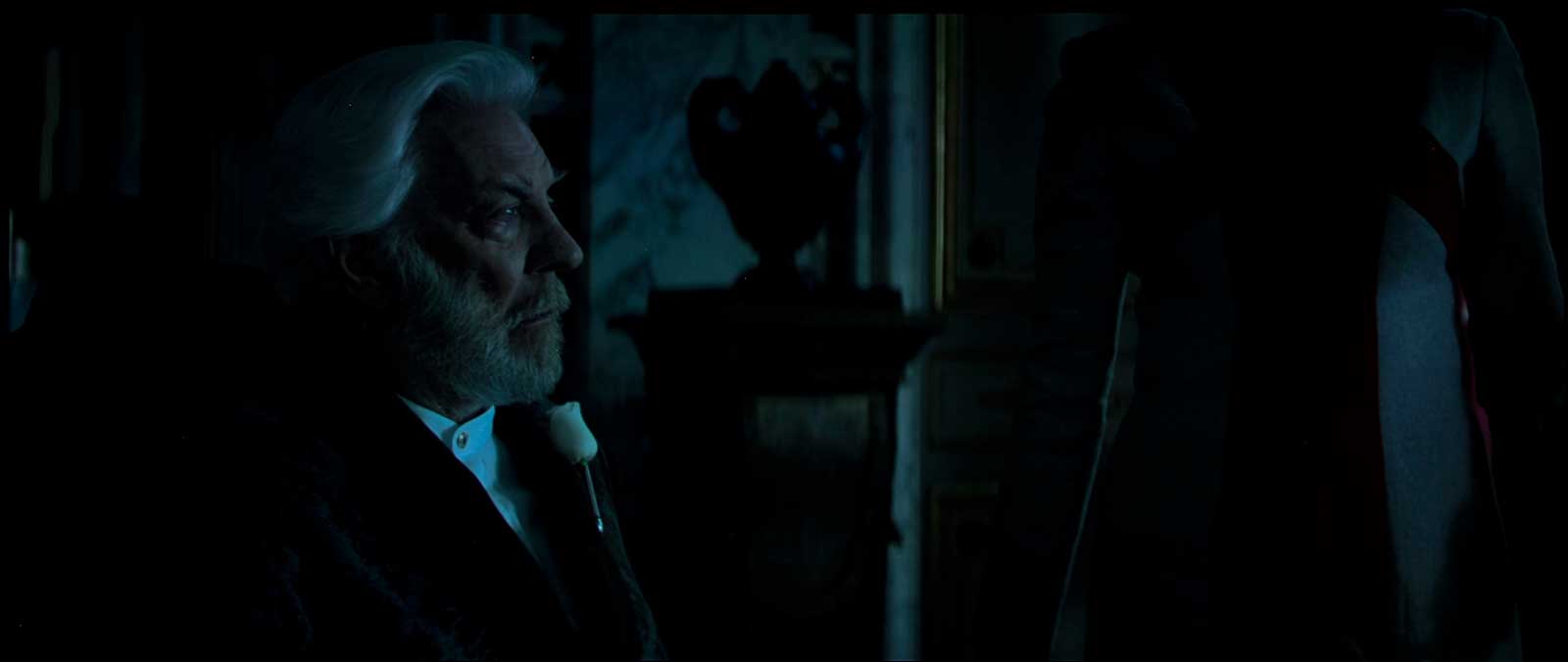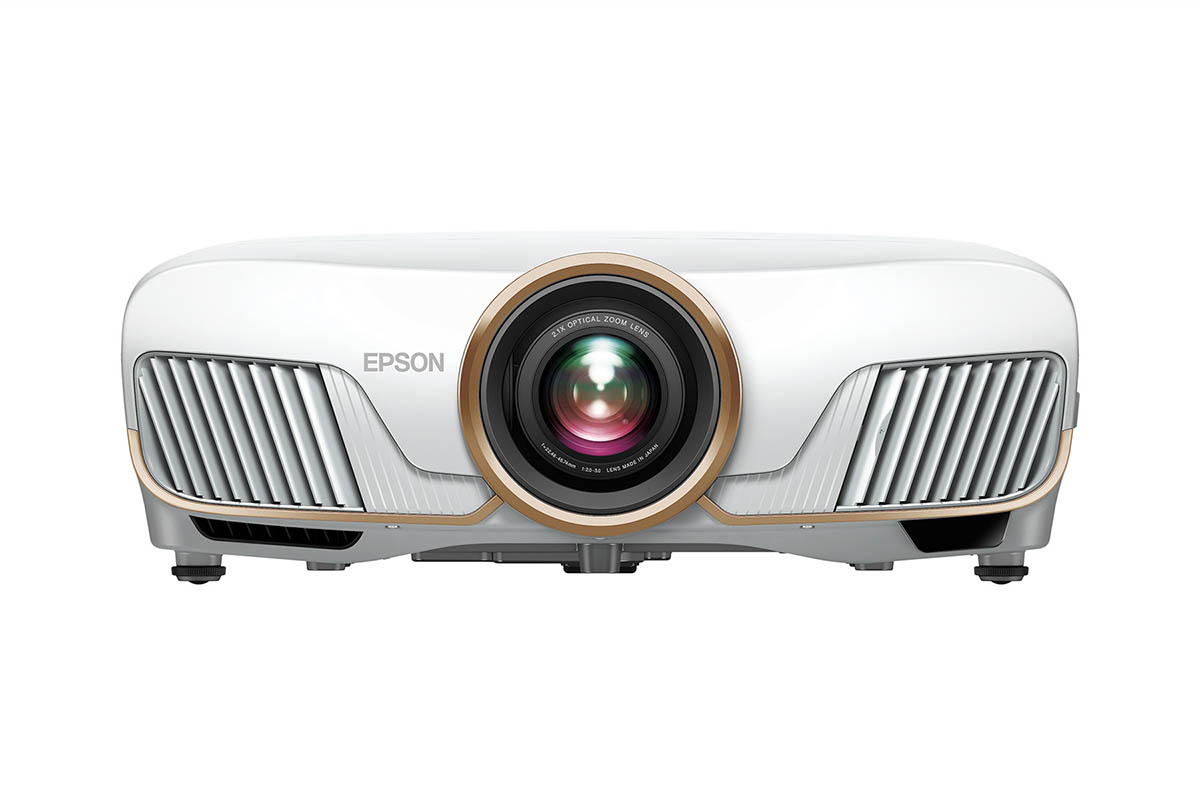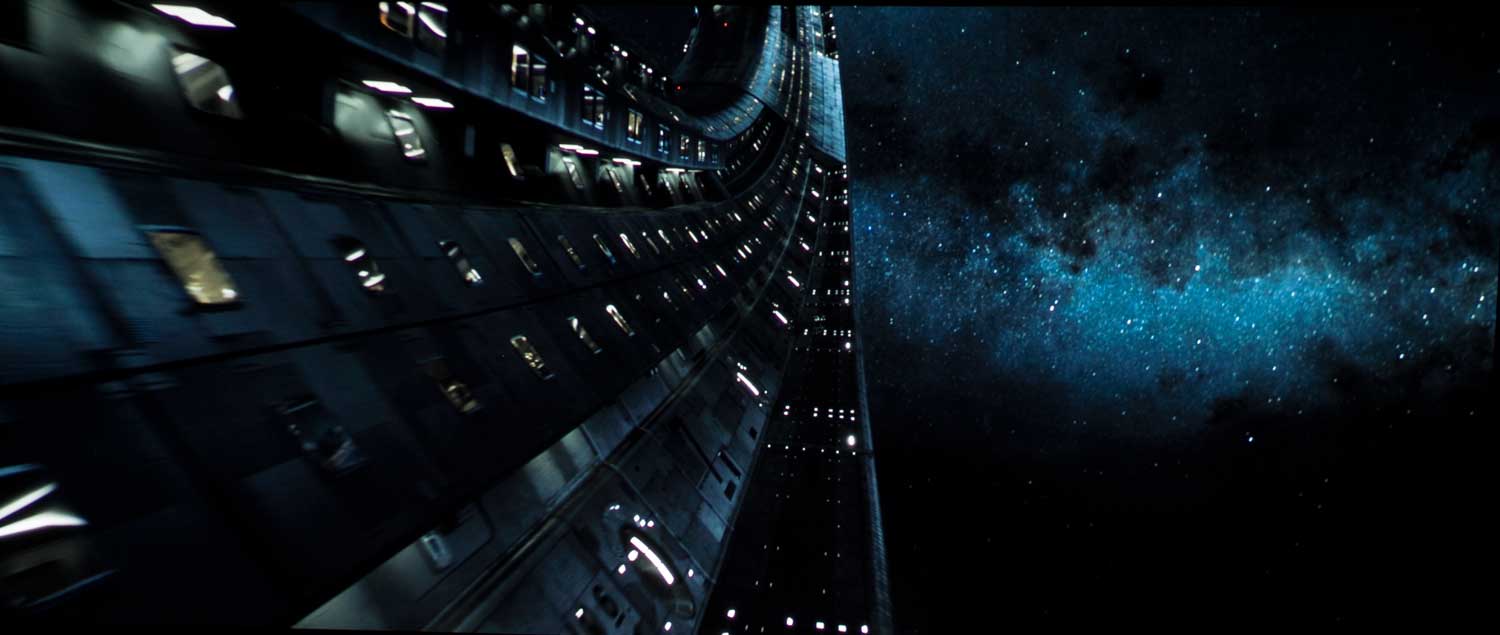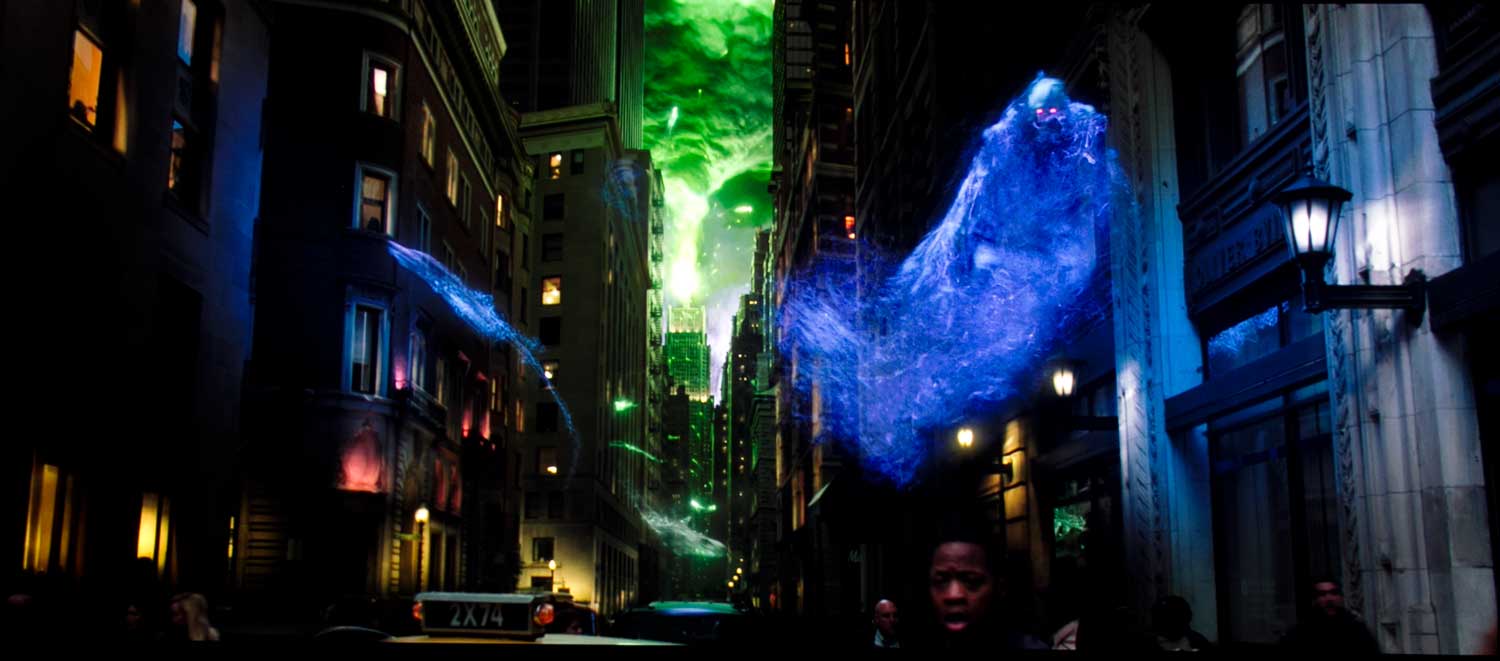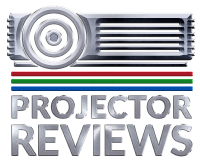The Pro Cinema 6050UB is Epson's flagship home theater projector. it is both an excellent projector for the dedicated home theater or man cave, but it is about equally at home as a "bright room" projector for your living room.
The summary of this Pro Cinema 6050UB review, for those of you who haven't read other pages of this review, is largely based on the Home Cinema 5050UB review. I have the Pro Cinema 6050UB here, and am enjoying it thoroughly, but when we're dealing with two almost identical projectors it makes sense to not duplicate everything. When we reviewed the Home Cinema version six months ago, it proved a stellar performer. In the past, the Pro and Home versions differed in cosmetic ways, plus the Pro was more expensive and came with a bundle for the extra price. None of that has changed with the '50UB series.
What is different is that Epson tells us they are using quality control to make the Pro Cinema 6050UB superior by saving the best lenses for them while the rest go to the other Epsons that use the same glass: The 4010, 4050 and 5050UB.
I did not have the opportunity to do a side by side, to see if the 6050UB appeared slightly clearer, or seemingly brighter, or sharper. I certainly would expect a slight difference, but not have expected any great differences, even if I could have viewed them side by side.
The point that needs making, though, is that the Pro should be slightly clearer, sharper, etc. compared to the average lens going to the others. I witnessed that difference years back when I did have the opportunity to do two JVC's side by side, when JVC's top end was the identical projector but with the "hand picked" aka better QC'd glass. There was a real, yet slight difference.
Professional photographers, I believe will agree, better lenses make better photographs, with more clarity...With, say Canon lenses, you can buy aa standard lens for a few hundred, or a high end lens with the same focal length, for several times more money. We see similar with Sony's ARC lenses, which only go on their over $30K projectors, a lens that probably costs as much as their whole entry level 4K projector!
Consider the optics as one more item when considering the different value propositions between the two Epson UB's. The Pro Cinema 6050UB lists for $1000 more, at it's $3999 price. For that, you get the best of the optics, as well as a ceiling mount, cable cover, spare lamp, AND, a 3rd year of warranty, with a 3rd year of rapid replacement program! Of course the 6050UB is black, instead of white (with black front vents), so even that can come into your decision. Finally, this Pro Cinema 6050UB is not available online. You can choose from big box houses, or local A/V dealers/integrators/specialists.
I'll leave that buying choice to you. Below I'll address the Pro Cinema 6050UB's position vs. other competition.
Background For years I've been using one Epson UB or another as a "reference" projector. There are better, (we review home theater projectors up to $60K so there are lesser as well, down to $500 or so, but these UB's have always provided a good value, their performance is a valuable tool for me, to infer how other projectors compare to each other, by how they compare to this one. Enough said.
The Pro Cinema 6050UB is one of the most versatile and capable projectors around, starting with its 4K capabilities. It supports 4K with HDR - both HDR10 and HLG. And unlike any other projector at or below its price, and most above as well, it gets very close to achieving professional P3 color that you get at your quality local movie cineplex. I know of no other lamp based projectors that get that close, and even many of the laser projectors do a good bit worse. Epson gets kudos based on Eric, our calibrator finding that the worst of all the primary and secondary colors still achieved over 95% of P3. OK, that's techie stuff, but it translates into:
Excellent Color! We did not calibrate the 6050UB, tried the 5050UB's settings, but there is always lamp variations. Thus our 6050UB uncalibrated turned out a little warm (very correctable).
If you calibrate your Pro Cinema 6050UB you can expect about as accurate P3 (and REC709 for non-4K content), as any projector on the market.
For most of us, though, the even better news is that the Pro Cinema 6050UB has some great looking modes without any adjustment. Digital Cinema for one. Out of the box, it comes in very cool, but that is easy to adjust. Truth is, most owners of the 6050UB will be perfectly happy with the right out of the box options!
Theater Performance - Black levels are excellent for the price. Of lower cost projectors, nothing but the 5050UB comes close to the 6050's black levels. The great blacks truly enhance those really dark scenes, and separate "serious" projectors from merely "home entertainment." If you use yours in more than a living room environment with some ambient lighting the big advantage of great black levels will mostly go away, but even then, there's some benefit.
The HDR content looks great. It's taken the industry a couple of years to get a decent handle on HDR. Epson improved the last series (PC6040UB) with two HDR firmware updates. The Pro Cinema 6050UB's HDR handling is noticeably better than even the best of the 6040UB's most recent update. My complaints in the older review as well as in many other 4K/HDR projector reviews of dimness is missing from the PC6050UB.
Placement flexibility is outstanding, with its 2.1:1 zoom, and massive amounts of lens shift both vertical and horizontal, it can be placed in almost any room.
Lens Memory, thanks to the PC6050UB's motorized lens features, lets you choose to go wide screen (as I have done for the last 9 years), to get my largest image when watching movies, as most are widescreen (i.e. CinemaScope shaped.) A touch of a button takes you from HDTV 16:9 shape to your wide screen movie aspect ratio ie. 2.35:1.
The 3D capabilities are very good and there's tons of brightness available which is great because 3D gobbles up a good bit. The Epson uses now very affordable active 3D glasses, as do virtually all 3D capable projectors.
I also like that it is pretty easily firmware upgradeable if you have your projector on your network. Few projectors have easy firmware updating abilities, so that's a definite plus. Another great thing is the warranty. In this price range, two or three years is typical. The Pro Cinema 6050UB has three years and has it's replacement program for all three years. That's essentially hassle-free should you have a warranty issue in the first three years. Hard to beat that.
I almost forgot to mention it's an excellent Gaming Projector thanks to 27ms input. Not the lowest, but at least acceptable to almost all serious gamers. Gamers, wait until you see your fav 4K 60fps game on a 110" screen. Almost certainly an OMG moment!
The PC6050UB is at home in home theaters, and family rooms. It's great on sports, and on movies, and, pretty much everything inbetween. It does 4K with HDR and P3 color. And it's a serious projector for gamers. Yes, the Pro Cinema 6050UB is impressive.

